Keloids are extremely difficult to treat and they have an extremely high recurrence rate. In addition, some keloids can be so large that there are not many reasonable options.
Dr. Jones is pleased to announce the addition of superficial radiotherapy (SRT) for keloid treatment at Nip & Tuck Plastic Surgery.
SRT treatments are incredibly effective at stopping the recurrence of keloids following removal. In more than 94% of cases, treatment sites that were given SRT therapy were successfully cured of further keloid growth.
Superficial radiotherapy works by targeting the cells that cause keloid growth with a level of radiation that only affects the superficial layers of the skin - hence, superficial radiotherapy. Following the removal of the keloid, patients receive 2-3 consecutive days of SRT treatments. These quick, painless Atlanta keloid treatments destroy the cells that cause keloid growth without negatively impacting the rest of the body.
A keloid is an abnormal proliferation of scar tissue that grows beyond the borders of the original scar. They usually form at the site of cutaneous injury (i.e. – surgical site incision, traumatic wounds, burns, acne scars); Unlike hypertrophic scars in which they share similar findings microscopically, hypertrophic scars are raised but do not grow beyond the borders of the initial wound.
Are certain populations at higher risks for keloids?
Yes. Persons of darker pigmented skin are at a higher risk for developing keloids. This includes individuals of Asian descent, African, and Latino. Also, individuals that have a history of keloid scars are more prone to develop subsequent keloids. Some of the typical symptoms of keloids are:
In my experience, darker skinned individuals have superior results because the hyperpigmentation is nearly undetectable. Individuals with keloids in high-tension areas have the highest rate of recurrence. This includes areas such as the back, shoulder, and chest.
For those seeking medical consultation, please make sure the physician you visit is well versed in the various treatments for keloids. Also visit your state board of medicine to verify that your physician is certified. I would also suggest that you review his/her before and after photos.
Mechanical compression has long been a treatment option for ear keloids. Custom compression devices can be made and the devices are typically worn all day for the best results.
Use of liquid nitrogen to cause cell damage by freezing the cells. Most protocols require 2-3 sessions at 20-30 day intervals. Cryotherapy can be combined with steroid injections to lower the recurrence rate. Similar to intralesional steroid injections, cryotherapy can lead to hypopigmentation.
Simple removal of the keloid lesion with closure or the use of skin grafts has a high recurrence rate ranging from 40 – 100%. Surgical excision is typically combined with other modalities to decrease the risk of recurrence.
Various lasers including the pulse dye laser, carbon dioxide laser, and argon laser have been used to treat keloids. The advantage is the lasers are extremely precise and cause minimal inflammation. However, when treating darker skinned individuals, they can cause dyschromia.
The use of anticancer medications has been found useful in the treatment of keloids. This includes Interferon and 5 – Fluorouracil. These medications are injected intralesional and require more frequent treatment and monitoring.
Radiation can be used in combination with other modalities or alone (monotherapy). Typically monotherapy is used in situations in which the patient is not a surgical candidate or does not desire surgical excision. Therapy is usually administered over a course of two to three days. Recurrence rates with radiation alone are much higher than radiation combined with surgery.
Injections targeted to the lesion can be done to reduce the size of the lesions and aid in pain control; long-term steroid injections can have untoward systemic problems;
Many patients do not tolerate steroid injections because of excruciating pain; the steroid injections are usually given in a series every 4-6 weeks
Surgical excision combined with postoperative radiation has one of the lowest recurrence rates. In my own personal practice, the success rate is near ~ 90-95%. It involves precise and surgical excision and technique to minimize tissue inflammation and the use of postoperative superficial radiation to prevent the scar from keloid scarring.
The radiation is delivered for three consecutive days. In my experience, this has proven to be an effective keloid treatment in Atlanta. However, we are attempting to make modifications to improve the outcome. Radiation therapy often times causes hyperpigmentation of the scar. Over time, this does improve, however, many patients are left with a dark scar. Most patients do not mind, but as a plastic surgeon, my goal to restore function and form. For that reason, I offer my patients a protocol to minimize the hyperpigmentation.






Come visit Dr. Jones and our team and let us help you achieve the spectacular look you deserve!
3280 Howell Mill Rd NW, Suite 200, Atlanta, GA 30327




